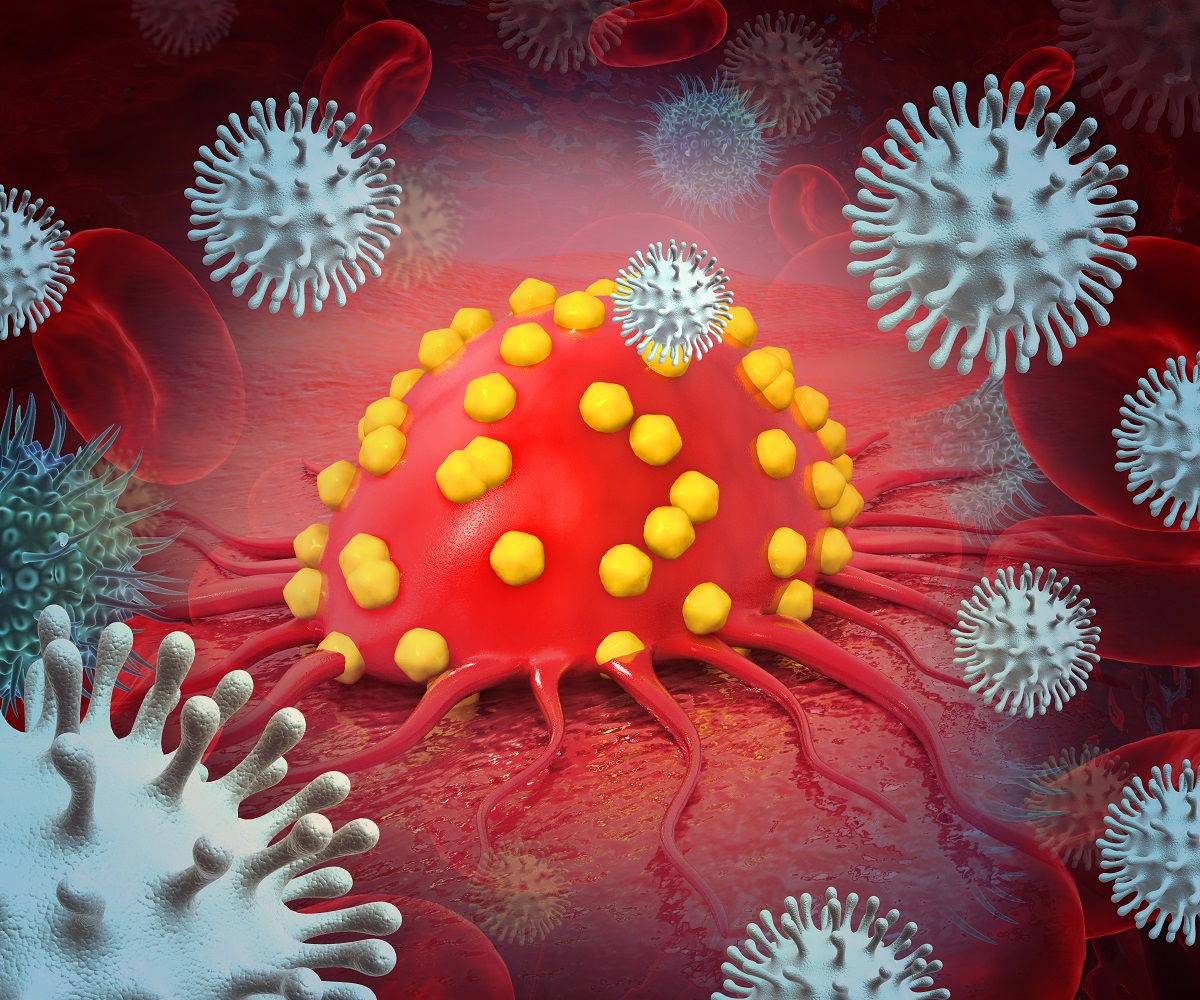KEY TAKEAWAYS
- An observational study aimed to determine pregnancy rates following breast cancer amongst young women with germline BRCA pathogenic variants.
- The study showed that 1 in 5 young BRCA carriers conceived post-breast cancer; pregnancy didn’t affect prognosis; counseling significance for oncofertility.
Counseling for preserving fertility in BRCA carriers presents challenges due to the potential effect of gene mutations on fertility and the need for risk-reducing surgery. Previous studies showed safety in pregnancy after breast cancer, but limited evidence exists for BRCA carriers. So, in this observational, retrospective study, researchers investigated pregnancy likelihood and reproductive outcomes post-breast cancer, focusing on BRCA carriers.
It involved young women diagnosed with stage I-III invasive breast cancer before age 40 between January 2000 and December 2020. The exclusions were healthy BRCA carriers, unknown BRCA variants, non-invasive BC, no follow-up, prior ovarian cancer, and no BC history. Primary focuses were pregnancy rate and disease-free survival (DFS), with secondary concerns on overall survival (OS), breast cancer-specific survival (BCSS), and pregnancy-related outcomes. To address potential biases, the study employed two survival analyses.
Researchers examined 4,732 breast cancer patients from 78 centers worldwide, with 659 having a pregnancy post-diagnosis. Those in the pregnancy group were more likely to carry BRCA1 gene mutations, be younger at diagnosis, and have certain breast cancer types. The pregnancy rate after 10 years was 22%, varying by hormone receptor status. The median time from diagnosis to conception was longer in hormone receptor-positive patients.
Among those with post-cancer pregnancies, some experienced abortion or miscarriage, while others had twins or delivered at term. Of the 571 babies born, a small percentage had congenital anomalies. After a median follow-up of 7.8 years, no difference in DFS was noted between the pregnancy and non-pregnancy groups. However, patients in the pregnancy cohort exhibited improved BCSS and OS. More detailed findings on survival based on patient, tumor, and treatment features will be presented later.
The study revealed that 1 out of 5 young BRCA mutation carriers had pregnancies within a decade after a breast cancer diagnosis, surpassing rates seen in broader young breast cancer groups. The study suggests that pregnancy after breast cancer among BRCA carriers doesn’t seem to negatively affect the mother’s prognosis or the baby’s health. These results hold significance for counseling young BRCA carriers with breast cancer about fertility options.
Source: https://atgproductions.net/atgclients/sabcs/2023_SABCS_Abstract_Report-12-1-23_Compressed.pdf
Clinical Trial: https://clinicaltrials.gov/study/NCT03673306
Lambertini, M., Blondeaux, E., Agostinetto, E. (2023). “Pregnancy after breast cancer in young women with germline BRCA pathogenic variants: results from an international cohort study.” Presented at the SABCS 2023 – 46th Annual San Antonio Breast Cancer Symposium, December 05 – December 09, 2023, San Antonio, TX, US (Abstract GS02-13).



